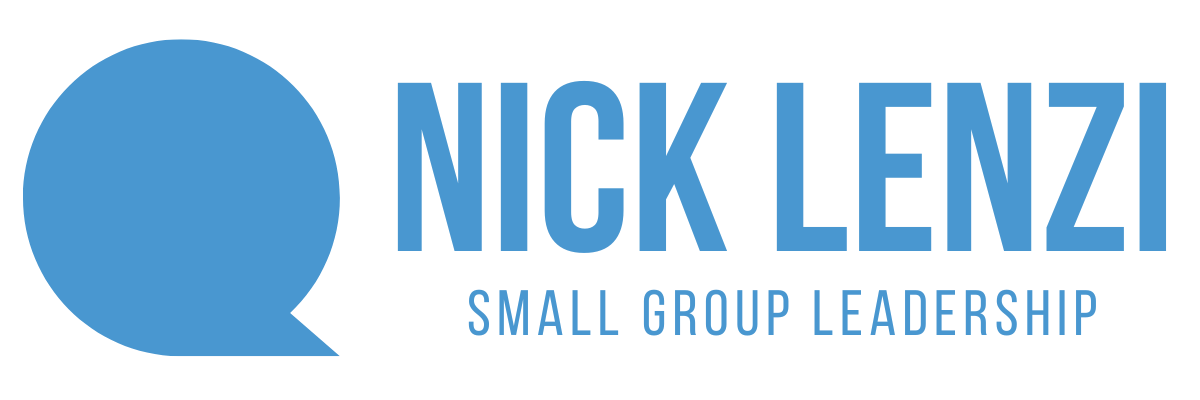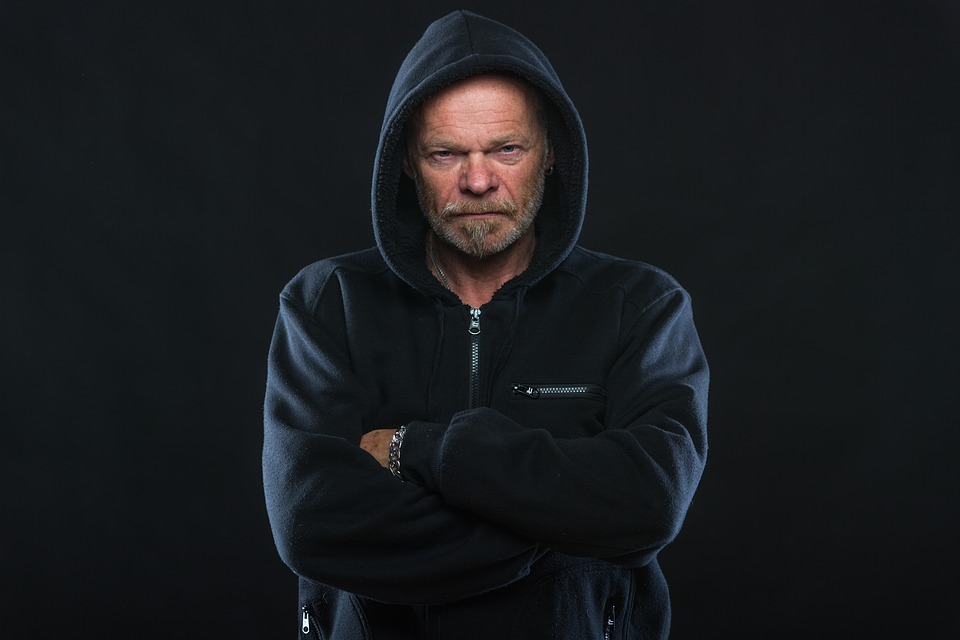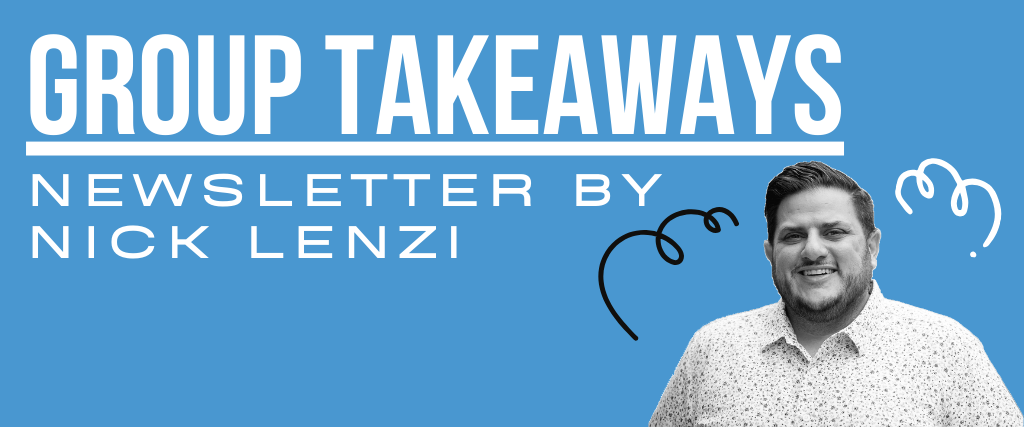People Who Avoid Their Own Feelings Will Neglect Yours
When I came across this line, I couldn’t help but feel seen. But not in the way you might think. I’ve been that person. It captured a lack of emotional awareness I’d lived with for years. I avoided my own feelings, and in doing so, unintentionally neglected others.
Growing up, I got the impression that feelings were private and, therefore, insignificant. My family never explicitly said this, but the unspoken rules of our household ingrained it. Sharing emotions was rare and because of this, I didn’t learn how to value my own emotions or anyone else’s for that matter. It wasn’t until my late 30s that I realized how much this was isolating me. If you can’t recognize your own emotions, how can you connect with others on a meaningful level?
The First Breakthrough: Acknowledging My Stuckness
I owe a lot of my breakthrough to my friend Tommy Carreras and his course Done With Stuck. Ironically, I signed up to support him more than myself, but I quickly realized that stuck was exactly where I was. I’d been avoiding my emotions, and in doing so, I’d been avoiding growth.
In his course, there’s a week dedicated to a daily emotions assessment using an emotions wheel. You write down how you’re feeling, examine it, and process it. I didn’t want to do it. Honestly, I thought it was going to be a waste of time, but I put my trust in Tommy and gave it a try.
My first attempt couldn’t have been more impactful. I sat there, frustrated and fuming over something at work. “Angry,” I wrote. But the instructions were clear: keep digging. I scanned the wheel. Neglect. Huh, that struck a chord. I hesitated. Could it be neglect? I didn’t think much of it and kept going. Neglect pointed to loneliness. Wait, loneliness? No way. That’s not how I would describe this. But it was there in front of me. I chewed on it for a moment, uncomfortable but curious. The next step down the wheel was sadness. Sad? Me? I’m angry, not sad. Aren’t I?
I sat with it for a while and started to realize it was true. The anger I’d been clinging to wasn’t the root. I was grieving. I had lost something—a connection I thought I deserved, a piece of recognition, an opportunity. Anger and sadness demand very different responses. Anger makes you want to fight, but sadness? Sadness asks for grief, for acknowledgment. It asks you to admit what’s gone and to make peace with it.
The Transformational Power of Emotional Awareness
That first exercise opened up something in me. Over time, practicing emotional awareness didn’t just help me understand myself; it made me better at understanding others. Emotional awareness taught me to view feelings as signals that alerts that may lead to something deeper. Their emotions weren’t something I needed to validate or invalidate anymore.
This newfound empathy changed everything. I started connecting with people on a level I’d never thought possible. When someone shared their struggles, I could finally say, “I see you. I hear you.” It wasn’t about fixing things; it was about showing up.
Why It Matters for Community
This journey of emotional awareness reminds me of Jesus’ command to “love your neighbor as yourself.” But how can we truly love our neighbor if we’re treating ourselves poorly? If we ignore our own emotions and needs, how do we expect to show up fully for others? Maybe this explains why being a “good neighbor” feels so hard sometimes. It’s not that we lack love for others—it’s that we don’t know how to love ourselves first. Loving your neighbor as yourself requires emotional awareness. Without it, we miss the signals our own hearts give us, leaving us ill-equipped to love others well.
An Invitation to Pause
When was the last time you practiced emotional awareness? Slowing down to name and process your feelings could be the first step to deeper relationships. Anger might be masking something else in disguise. Loneliness might be an unspoken need for connection. The more we unpack our emotions, the more we create space for real relationship, ones that are honest, supportive, and healing.
So, ask yourself: When was the last time you practiced emotional awareness? Slowing down to name and process your feelings could be the first step to deeper relationships. Let’s start where it matters most, the heart. Because when we care for ourselves well, we can finally show up for others the way we’re meant to.






Thanks for sharing your wisdom Nick❤️❤️❤️